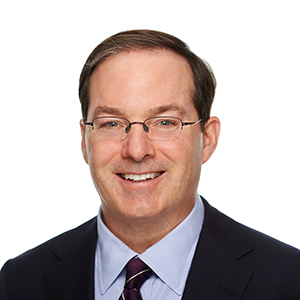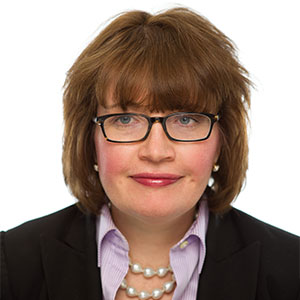At a time of record low activity across the global capital markets, many allocators have been sitting on the sidelines of late, particularly regarding private investments. However, this positioning is not what we are hearing from leading CIOs in the KKR family office network. Indeed, many CIOs who participated in this year’s KKR survey of family offices told us that they plan to increase – not decrease – exposure to Alternatives in 2024. Their rationale: They understand the role the illiquidity premium can play in compounding capital in a tax efficient manner to build wealth for future generations. Importantly, this year’s CIOs are most focused on increasing exposure to Private Credit, Infrastructure, and Private Equity. To fund these investments, they intend to reduce Public Equities and Cash. We also learned from our survey work that many of these family offices are in major growth mode, adding investment, risk management, and product expertise; at the same time, they are also looking to partner with the ‘right’ GPs across regions and sectors where they may not have as much in-house knowledge. From a strategic perspective, what came through ‘Loud and Clear’ was a desire to leverage their long-term focus and operating expertise to build competitive advantage versus more passive pools of capital across the global capital markets. Interestingly, as our survey shows, there are significant differences that have emerged between older, more established offices, which have leaned heavily into Alternatives such as Private Equity, and ‘younger’ ones, which are in a more exploratory phase of their global asset allocation. Finally, our survey and subsequent conversations lead us to believe that, while this group of CIOs is in a great position to play offense in today’s market, there is still more that they can do from a portfolio construction perspective to improve their return per unit of risk.
Go as far as you can see; when you get there, you’ll be able to see farther"
One of my favorite Anthony Bourdain quotes observes that “Travel changes you. As you move through this life and this world you change things slightly, you leave marks behind, however small. And in return, life — and travel — leaves marks on you.” I feel that way about the privilege of travel as it relates to my job at KKR. To be sure, I may not have eaten baby clams in Vietnam like the late Mr. Bourdain, but I do get to spend time learning and strategizing with some of the most interesting and engaging CIOs in the business.
Indeed, after too many years of Zoom calls because of the pandemic, I really hit the road in 2023, making three trips to Europe and three to Asia as well as crisscrossing the United States several times during the year. It was during this travel that I had the good fortune to have more than a few lunches and dinners with CIOs from several of the world’s leading family offices. We spoke about a wide variety of topics, including asset allocation and business intentions. It was quite clear from our conversations that these individuals viewed their roles not solely as family office CIOs, but also as leaders of global investment organizations, with many now representing complex family holding companies and/or endowments and healthcare plans too. Said differently, these CIOs are not simply caretakers for pockets of wealth; rather, great numbers of them now run very large, complex, and quite sophisticated pools of money that compete with other thoughtful allocators of capital from around the world.
So, as we were tallying the results from our third KKR Family Capital survey, which we conducted in December of 2023, those conversations began to take on new meaning for me. What seems most important to many CIOs today – and this came through ‘Loud and Clear’ during my travels – is their desire to leverage their longer-term focus as well as their owner/operator mentality to create a sustainable competitive advantage in investing versus more traditional passive investors, many of which are hampered by the need to offer higher near-term payout ratios and/or are more constrained in their ability to lean into dislocation.
So, at a time when other allocators are pulling back from private allocations, this group’s intention is to actually increase exposure to private market investments again in 2024 to further take advantage of the illiquidity premium across a variety of Alternative asset classes (at the expense of Cash and Public Equities). One can see this in Exhibit 3.
EXHIBIT 3: CIOs Are Generally Looking to Increase Illiquidity in 2024 Across Private Credit, Infrastructure, and Private Equity
KKR 2023 Family Capital Survey: Net % of Respondents Planning to Increase (Decrease) Allocations in 2024, %


As one seasoned CIO said, “Now is an interesting time to play offense, given that many others need liquidity, and we don’t. We are particularly keen on going direct, for example, in sectors where we have owned businesses in the past. At the same time, we increasingly want to partner with GPs in areas where we may not have regional expertise or industry expertise to further build out our portfolio.”
Acknowledgements
Blake Shorthouse, Jeff Schachter, Monica Mandelli, Lester Lim, Harald Duerr, Mohamed Attar, Markus Egloff, Zachary Burke, Alice Chung, Alice Bush, Jacqueline Zhuang, Nicolas Mira, Gio Onate, Hattie Pettit, Rachel Li, Yifan Zhao, Drew Golicz, Thibaud Monmirel, Sarah Overlander, Daniel Remondi








